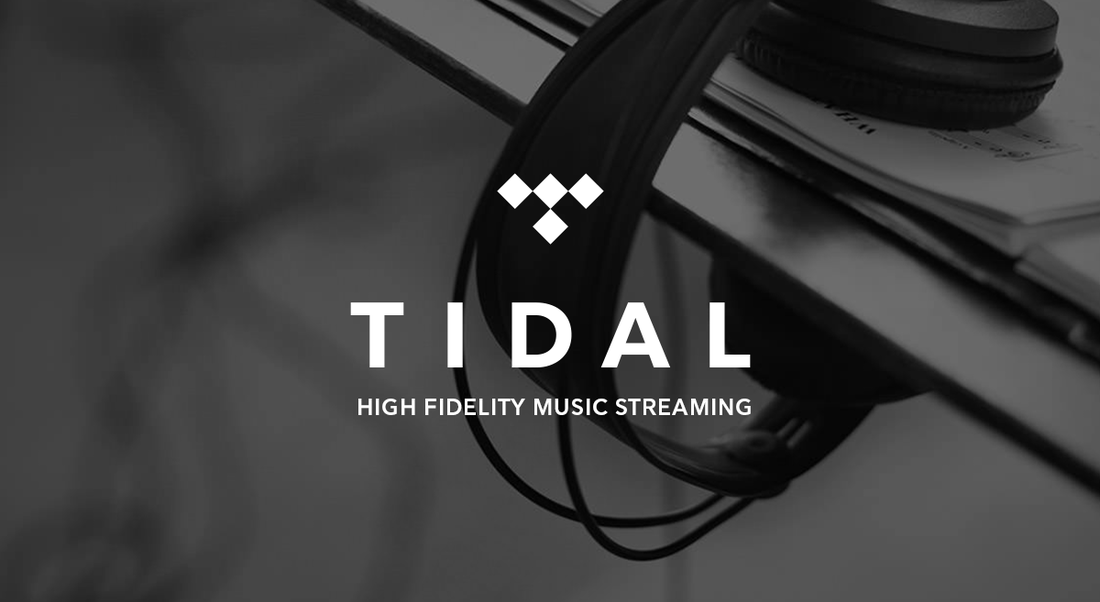Article originally published at kenyonarts.com
TIDAL, the new subscription streaming service owned by Jay-Z, Chris Martin, Daft Punk, Kayne West, Arcade Fire, Alicia Keys and more, launched on Monday night from New York.
What did we learn? Very little. The service, which has been operating for over a year, offers CD quality streaming and HD video and is owned by famous people.
Touted by its star-studded shareholders as a “new movement in music”, the launch of TIDAL offered no insights into….anything about the service.
So, let’s look at what we got from last night’s unveiling (what we already knew):
- There will be no free tier.
TIDAL want you to pay for your music, to value it and so compensate the rights holders for it. To a business like TIDAL, advertising revenues bring in 10% of what subscriptions do (according to Spotify’s numbers) so eliminating the free tier is a more robust model. The problem being of course that Spotify’s number one marketing tool is its free tier, so how will TIDAL get its users? Which brings us onto:
- High resolution audio and video.
Ignoring the endless debates over the discernible improvement in fidelity of high resolution audio, especially when the majority of listeners are doing so on garbage white headphones, TIDAL will offer CD quality streams and offline playback.
- Artist owned.
This is where TIDAL differs from Spotify. Whereas the latter is owned, in part, by the major labels, TIDAL will be owned by the artists mentioned above. Many of the super-wealthy included in this venture own labels themselves, so maybe it’s no different after all.
What will set TIDAL apart with the big name backers is exclusive content – this is where it can drag users from other services and keep them. New content from big names and curated playlists can be to TIDAL what collaborative playlists are to Spotify.
--
TIDAL is not new, only its owners. We shall have to wait and see if the good intentions of its creative shareholders will affect the struggling artists and indies who feel currently underserved by the streaming market.

